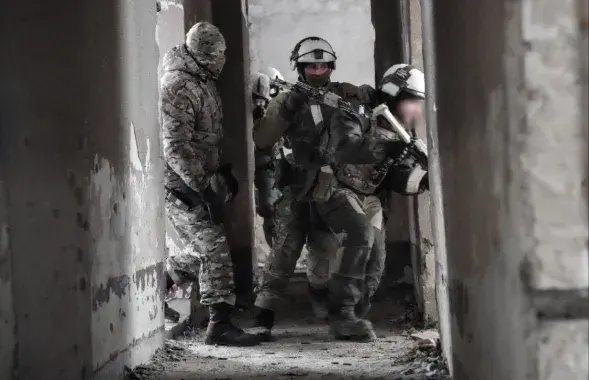No competition at local elections in Belarus (infographic)
There is only an average of 1.2 candidates per constituency, with the majority willing to run for local councils in bigger cities.
Over 22 thousand people have registered as candidates in the local elections in Belarus. At the first glance, it may seem a lot but it is not so. There are almost 19000 consituencies in this country. This means that there will be no competition in the majority of constituencies. Mikalai Lazavik, secretary of Central Election Commission, explains why:
"This mainly concerns the so called primary level constituencies: for rural and township councils. Perhaps, feeling some special attention from fellow villagers and realizing they cannot do everything [they promise], many decide not to run for the seats of deputies on the local councils."
In village councils, there will be the least competition - only one candidate in 90% of rural constituencies, 80% in district town constituencies and 70% of constituencies in the districts with only one contender.
Two or more candidates will run for the seats in regional councils or town councils, says Lazavik.
"The competition is quite high in the 10 cities of Belarus that are regional centers and big industrial cities like Navapolatsk, Baranavichy, Pinsk, Zhodzina, Babruisk - even higher than in Minsk."
It is worthy noting that approximately a half of the candidates will run for the second term. The majority of them are older than 30 years. There are very few young candidates. The opposition has come up with a small number of candidates - 81 from United Civil Party and only 27 from Belarusian Popular Front. That number does not even cover one percent of all the constituencies.
Anatol Liabedzka, the leader of United Civil Party, explains that the candidates were filtered out at the stage of registration. There is little interest among party members in this election, so they decided to land candidates only in big cities.
"The motivation is very low to take part in an election that is not real. Nevertheless, we put forward 125 people but only 81 qualified and were registered as candidates. There were cery serious purges. For example, 100% of our people were not allowed to register as candidates in Babruisk - the city where we had planned to run our pilot project of conducting "primeries" with the presidential election in mind."
There are less women running than men - approximately 47%. There are 26 citizens of Russia (foreigners are allowed to run in the local elections in Belarus. There will be no competition in approximately 80% of consituencies across Belarus.

















